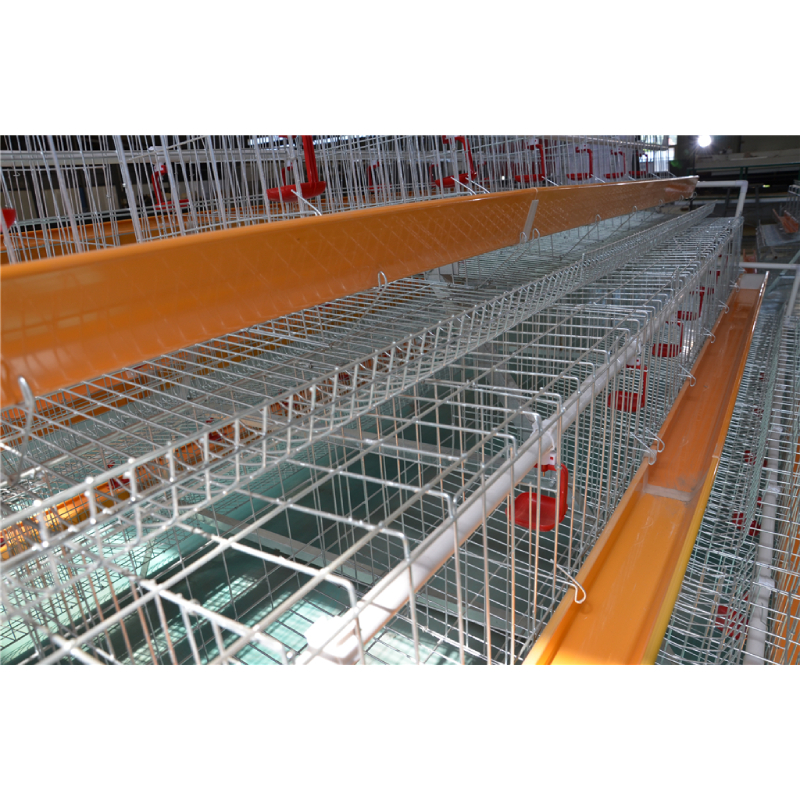Feed Grinding and Mixing Equipment for Optimal Livestock Nutrition and Efficiency
Dec . 15, 2024 07:08 Back to list
Feed Grinding and Mixing Equipment for Optimal Livestock Nutrition and Efficiency
The Importance of Feed Grinders and Mixers in Modern Agriculture
In the ever-evolving world of agriculture, efficiency and productivity are paramount. One of the key advancements that have significantly influenced livestock farming is the development of feed grinders and mixers. These machines play a crucial role in preparing animal feed, ensuring that livestock receive a balanced and nutritious diet. Understanding their importance and functionality is essential for modern farmers looking to optimize their operations.
The Role of Feed Grinders
Feed grinders are machines designed to crush and grind various types of feed grains into smaller, manageable particles. This process not only makes it easier for animals to digest their feed but also allows for better mixing and nutrient absorption. By breaking down grains such as corn, barley, and oats, feed grinders help create a more uniform particle size, which is critical for ruminants like cattle, sheep, and goats.
Moreover, grinding feed can enhance its palatability. Animals are more likely to consume ground feed due to its texture and ease of chewing. This improved feed intake can lead to better growth rates and overall health in livestock, ultimately increasing the profitability of farming operations.
The Role of Feed Mixers
While feed grinders focus on reducing particle size, feed mixers are essential for combining various feed ingredients into a homogenous mixture. A good feed mixer ensures that all components—grains, supplements, vitamins, and minerals—are evenly distributed. This uniformity is vital for meeting the specific dietary needs of different animal species and life stages.
Feed mixers can come in several forms, including vertical, horizontal, and paddle mixers. Each type has its advantages depending on the scale of the operation and the specific requirements of the feed formulation. An efficient feed mixer not only saves time but also reduces the risk of nutritional imbalances that could arise from poorly mixed feeds.
feed grinder and mixer

Benefits of Combined Machines
Many modern feed processors integrate both grinding and mixing functions into one machine, streamlining the feed preparation process. This combination not only saves space but also enhances operational efficiency. Farmers can save time and labor by using a single machine to perform both tasks. In addition, the ability to control the grind size and mixing ratios allows producers to create customized feed formulations tailored to the specific needs of their livestock.
Cost-Effectiveness and Sustainability
Investing in feed grinders and mixers can significantly impact a farm's bottom line. By producing their own feed, farmers can reduce costs associated with purchasing pre-mixed feeds from commercial suppliers. Furthermore, these machines can utilize locally sourced grains and by-products, which helps minimize transportation costs and supports local agriculture.
In today’s environmentally conscious world, using grinders and mixers can also contribute to sustainability efforts. Farmers can employ efficient feed formulations that minimize waste and optimize feed conversion ratios. This means that livestock can achieve better growth with less feed, which is not only cost-effective but also reduces the environmental footprint of farming operations.
Conclusion
In conclusion, feed grinders and mixers are indispensable tools in modern agriculture. They not only improve the efficiency of feed preparation but also ensure that livestock receive the necessary nutrients for optimal health and productivity. By investing in these machines, farmers can enhance their operations, reduce costs, and contribute to a more sustainable agricultural future. As the industry continues to evolve, the importance of these machines will only continue to grow, helping to meet the demands of a rapidly changing world.
-
Hot Sale 24 & 18 Door Rabbit Cages - Premium Breeding Solutions
NewsJul.25,2025
-
Automatic Feeding Line System Pan Feeder Nipple Drinker - Anping County Yize Metal Products Co., Ltd.
NewsJul.21,2025
-
Automatic Feeding Line System Pan Feeder Nipple Drinker - Anping County Yize Metal Products Co., Ltd.
NewsJul.21,2025
-
Automatic Feeding Line System - Anping Yize | Precision & Nipple
NewsJul.21,2025
-
Automatic Feeding Line System - Anping Yize | Precision & Nipple
NewsJul.21,2025
-
Automatic Feeding Line System-Anping County Yize Metal Products Co., Ltd.|Efficient Feed Distribution&Customized Animal Farming Solutions
NewsJul.21,2025






